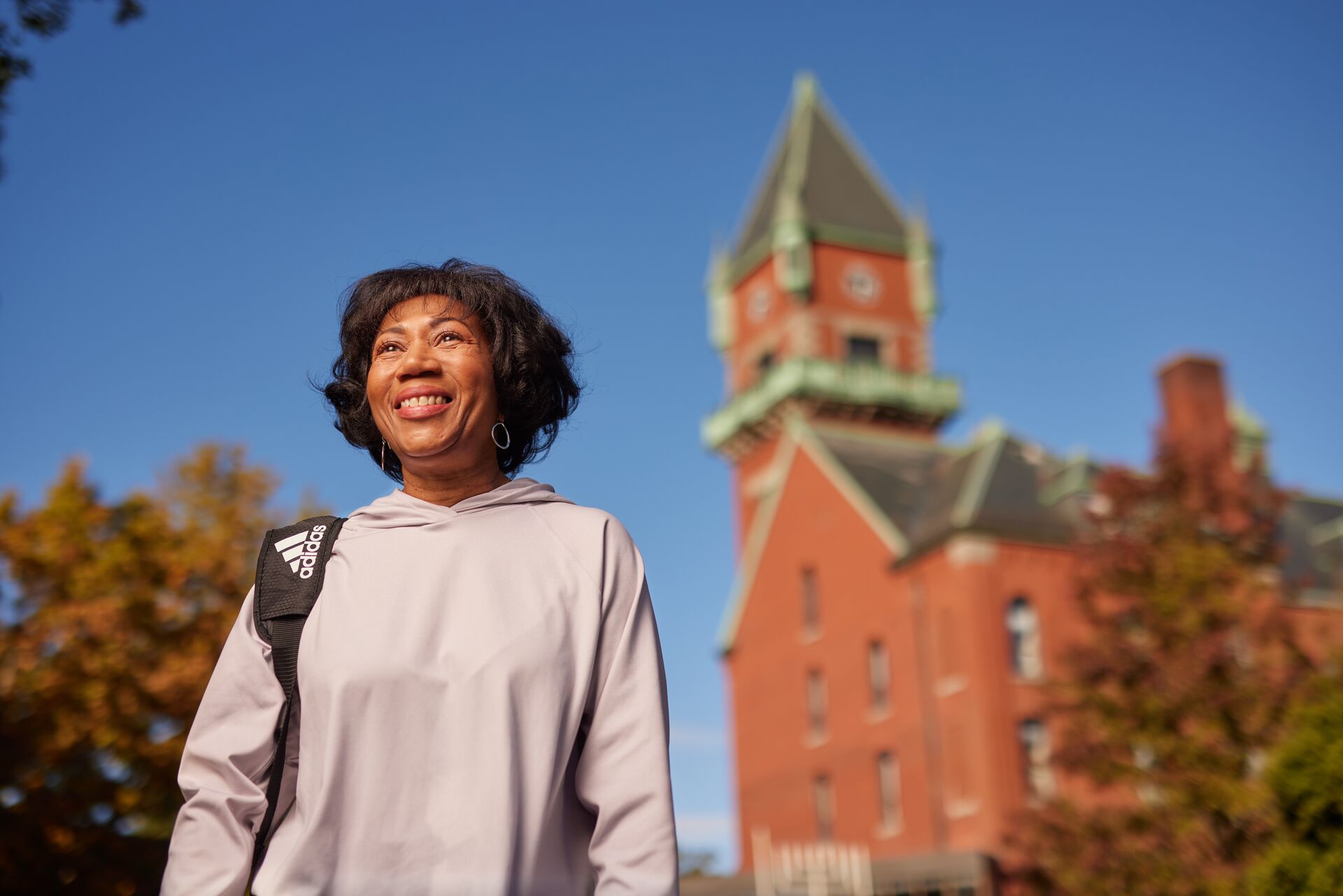More than giving back: 6 benefits to senior volunteering

Volunteering in support of your local community or church has been shown to have social, mental and physical benefits for people of all ages. But these benefits truly reveal themselves among senior volunteers.
According to the Bureau of Labor Statistics, 23.5% of people 65 and older volunteered in 2015 for a median average of 96 hours a year. The Corporation for National Community and Service (also known as AmeriCorps), indicates the most common forms of senior volunteering include:
- Collecting, serving, preparing, or distributing food
- Fundraising or selling items to raise money
- Engaging in general labor, like helping build homes or clean up parks
- Tutoring or teaching
- Mentoring youth
- Collecting, making, or distributing clothing
Six Benefits of Being a Senior Volunteer
1. Social opportunities: Once you stop attending school functions for your kids and your career winds down, it can be hard to find opportunities to socialize. Especially if your neighbors and friends have moved to be closer to their family. Feeling isolated has been shown to lead to higher medical bills and greater likelihood of developing an illness. Volunteering a few hours each week at local religious institutions, parks and museums is a great way to interact with a wide range of people.
2. Improved cognition: One practice that’s been shown to slow the advancement of developing cognitive issues and other memory loss issues is being active and using your brain. A study by the Centers for Disease Control and Prevention (CDC) found that loneliness and isolation can cause nearly a 50% increase in the risk for dementia and is associated with higher risk for anxiety and depression. Volunteering is a good way to stimulate your brain and help overall cognitive function.
3. Giving back: A benefit of living a long life is the years of experience and knowledge you possess. Volunteering at youth camps, churches and other places where younger generations gather is an easy and simple way to give back to your community. You can also become a mentor by simply sharing your stories and teaching young people about life.
4. Physical activity: Inactivity can lead to heart issues, bone loss, joint pain and many other health issues. A study by the CDC found 26.9% of adults between 65 and 74 are physically inactive and 35.3% of adults over 75 were inactive. Volunteering is an excellent way to schedule regular opportunities to get out and get moving.
5. Lifelong learning: Volunteering gives you the opportunity to learn something new about a subject that interests you and could also improve your overall cognition. For example, if you have an interest in aquatics and sea life, volunteering at an aquarium is the perfect outlet for learning more about our ocean-dwelling friends.
6. Sense of purpose: Retiring from your career can come with a sense of excitement and opportunity. But once all the household projects are done and you’ve visited friends and family, you can find yourself with 40 hours (or more) a week of free time. Volunteering can give you something to look forward to and help get you out of the house a couple times a week.
Discover a New Way of Living and Giving Back
At Opus Newton, our new community will provide a variety of volunteer opportunities for seniors around our community and within the Greater Boston area. It will help provide residents with a sense of purpose and allow them to share their talents, skills and knowledge with their friends and neighbors. By having residents volunteer at the community, we’ll also be able to keep costs down and better serve the middle marker. To learn more about how you can become a part of our future community, contact us here.



